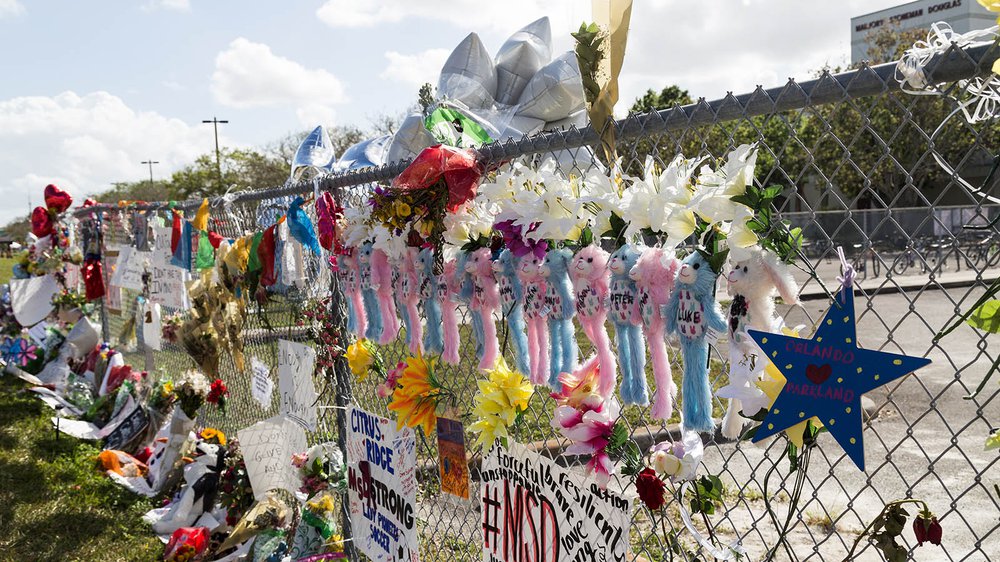Every once in a while, history happens. Usually it is something tragic; occasionally it is something to celebrate. It is always noteworthy. All of these are teaching moments. Celebratory times usually take care of themselves, but tragedies present special challenges to educators. As difficult as these times are to teach, they are important opportunities to have with our youth.
Our young people are caught in a prison of social media. They see and hear the opinions, theories, and predictions by many who are unable or unwilling to let go of the excitement of a threat to our world, and those reporting the news love drama. Teachers are faced with trying to make sense of these historical moments themselves and then trying to explain it to their students. However, as a teacher, you must research to give context to the issue at hand. It will provide a background to begin a logical discussion with what are usually surprisingly well-informed youth.
Remembering 9-11
On September 11, 2002. I was a high school principal, responsible for the mental health and well-being of a staff of one hundred and fifty and a student body of two thousand. When the news came in that the country was under attack, mass hysteria hit the school and community. I watched Tower Two fall with over one hundred young men and women, some of whom had already committed to military service. America’s future then, like always in times of tragedy, conflict, or drama seemed uncertain. After trying to restore calm and allowing television watching of the historical tragedy, I walked outside looking for calm. I wept then, for our country and the future of our young people. That day and the ones that followed were ones of discussion. The young people amazed me. We all learned about each other, politics, government, war and history.
Other teachable moments I experienced: The Challenger Space Shuttle tragedy, the Columbine High School shootings, and other major tragedies and issues our country has faced. Celebratory teaching moments happened when we inaugurated new leaders, launched a successful program, restored a shuttered space program to manned status, and many other wonderful things that happen in our world that affect their future or dominate the news cycle.
What teachers need to know
I work with a group of novice and aspiring teachers. We recently talked about teaching moments.
Here are a few things we talked about:
- Each experience is a bit different but follows common sense. Young people need the truth. They are smart and have access to a lot more information than we can even imagine. Let them share that information and its source. It is also a good time to talk about trusted sources.
- Times like these are learning experiences. Students will learn more in days likes this than you can plan for and teach in a regular lesson.
- Use media to illustrate, teach, and reinforce the truth. In this digital age, there is much out there to generate discussion. Be prudent and make sure you have valid and trustworthy sources.
- You and your students will get comfort from history. Be prepared and give correct information. Be honest if you don't know an answer to a question.
- Allow frank and honest discussion on all sides of the issue. Your students and their ideas are diverse. Respect them.
- Ask them how they think things should go from here. They have amazing analytical abilities and have the clarity of vision only youth can have.
- Continue as time goes on to revisit and update what is happening as a result of the incident.
- It is important that young people know the difference between facts and opinion. Spend some time on that issue.
One of the most important things we talked about was expressing responsible personal views. It is the job of the teacher to allow students to think freely about their own opinions and they should never be influenced by yours. Use these guidelines:
- As a teacher you will have your own opinion. It is your job to remain objective and present all sides of an issue in an objective manner. Take care to do so.
- Young people will ask your politics and your opinion. If you share that with them, make sure to preface it and end it with the statement that it is your opinion only. Never attempt to sway them to your opinion.
In the days that followed September 11, 2002 and the Challenger disaster I found myself in the role of comforter to many, but I also found solace from the young people in ways that surprised me. I have also enjoyed the company of young people in celebratory historical moments. They too like to rejoice in accomplishments in the positive times and can provide valuable insight. I think I learn more from them than they do from me.
As John Kennedy once said, “Children are the world’s most valuable resource and its best hope for the future.” They show that in stressful times and teaching moments. It is why we are educators.
About the author
Christy Martin recently retired after more than 35 years as an educator K-12 and post-secondary as well as several years as a coordinator of programs for youth aging out of foster care. She writes about what she knows from experiences in education and social services. Christy welcomes comments on her articles. Communicate with her via email at ccsmartin@hotmail.com. She can also be found on Christy Martin | Facebook, Christy S. Martin (@ChristySMartin1) / Twitter, and (4) Christy Martin, Ed.D. | LinkedIn.











